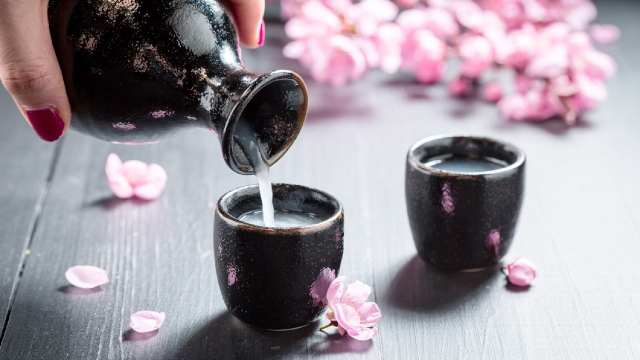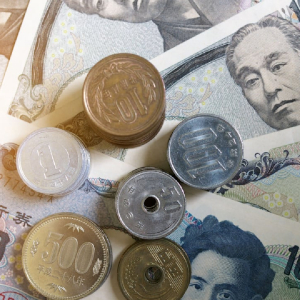You read that right. While governments in most of the rest of the world are trying to encourage people to drink less alcohol, Japan is doing just the opposite. And it has nothing to do with the reasons you’d suspect…
 Classic Sake service: The rice wine is warmed to slightly above body temperature
Classic Sake service: The rice wine is warmed to slightly above body temperature
and poured in small cups – for sipping, not quaffing. Sake is is traditionally
shared with at least one other drinker; never consumed alone.
The Japanese government is mounting an official promotional campaign encouraging the country’s young people to drink more booze.
Does the Japanese government know something positive about the effects of alcohol that the rest of us don’t? Do they just want their young people – facing mountains of social and financial stress – to kick back a little? Do they have a secret debt to repay to the country’s brewers and distillers for financing their most recent election campaigns?
None of the above.
What it’s about
The campaign is dubbed Sake Viva. Sake is the ubiquitous rice wine of Japan, traditionally consumed as westerners do beer. The word also refers to alcohol in general. Sake Viva is a contest aimed at 20- and 30-somethings to suggest new ways to make and sell alcoholic beverages. Some critics have complained that the campaign could damage public health. So why is the Japanese government pushing folks to drink more?
They’re looking to boost alcohol taxes in the midst of a tax revenue drought, NPR reporter Anthony Kuhn reports. One cause of the drought is a social shift among the growing younger population not to drink as heavily as their forebears did. And that proceeds from a tendency for the younger folks to eat differently then their forebears did. They eat a lot more western-style food, Kuhn says, and have turned more to wine and liquor to pair with it.
Japanese turning away from tradition
So enamored of whisky are the Japanese that they have bought several North American distilleries noted for their award-winning tipples, and are even starting to win awards for their own newly established brands.
Toshihiko Oki, a journalist who covers the Japanese alcohol industry, notes that during the pandemic, local governments in the country asked restaurants not to serve alcohol. Japan’s liquor tax revenue in fiscal year 2020 saw its biggest drop in more than three decades.
“Japan’s COVID-19 countermeasures included lots of financial support to restaurants which refrained from serving alcohol, but there was no support for sake brewers,” Oki adds.
Social circumstances also in play
Other observers simply point out that younger Japanese workers have less loose cash to spend on frills like booze. And they’re not going out as much as their elders used to, either.
The population is aging and shrinking, Kuhn observes. And on top of that, its young people are increasingly lonely, inward-looking and isolated.
Given the larger social and economic shifts, Oki says government efforts to get people to drink and be merry are unlikely to succeed.
~ Maggie J.

